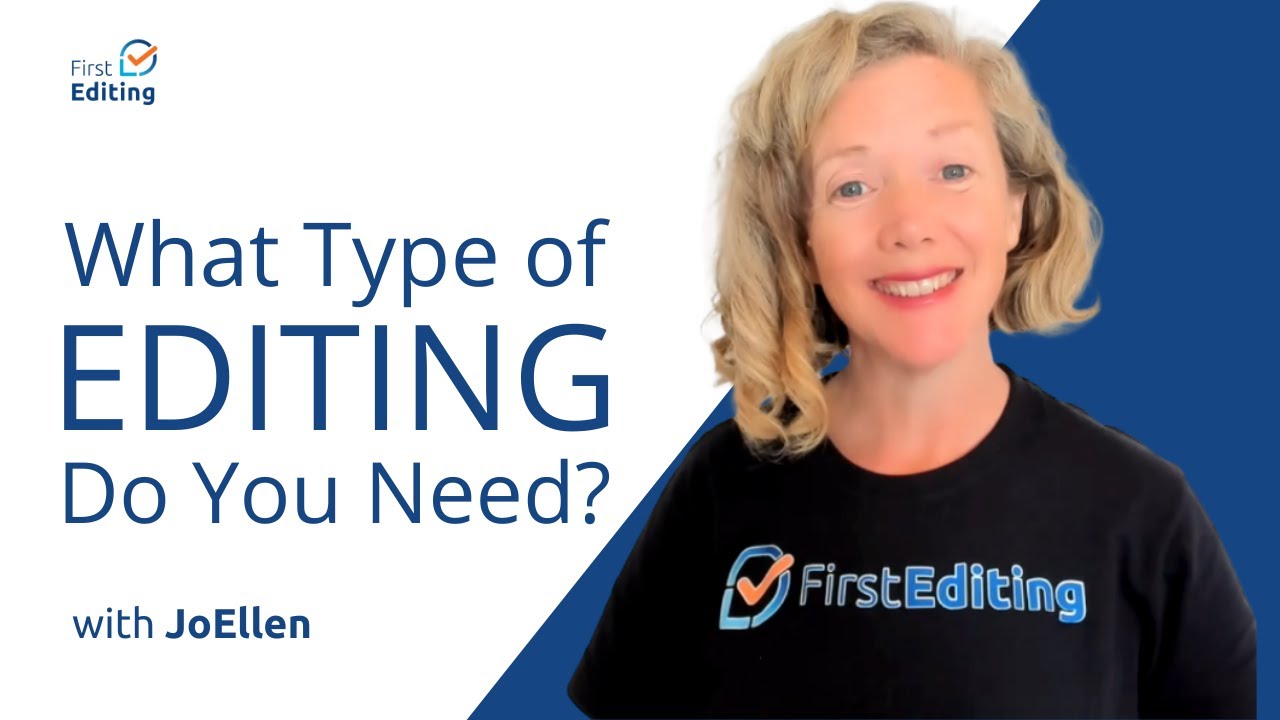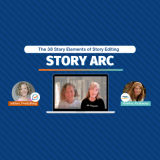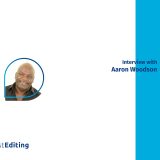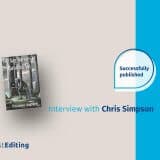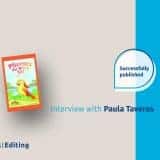
Every writer would like to believe his or her work is perfect. However, the best writers know that a little editorial assistance can smooth a rough draft into a polished final manuscript. Quite often, it’s small errors that trip up aspiring writers. To help you avoid these common grammatical errors, we’ll discuss the top five mistakes and why they’re wrong.
Probably number one on the list would be confusing then and than. Then is a measure of time. Than is a measure of degree. I’ll study harder for the next exam, and then I’ll make a better grade than you.
See how that works?
Closely following that would be the misuse of its and it’s. Its is possessive: The dog wagged its tail. It’s is a contraction of it is: It’s hot today.
An easy way to test which spelling you should use is to use it is in the sentence. If it makes no sense, you need to use its, not it’s. For example The dog wagged it is tail. Does that make sense? Of course not! So you’d use its, the possessive form, instead.
A standard error that sets an editor’s teeth on edge is the misuse of I and me after a preposition. Which of the following sentences would you say was correct?
- John gave the gift to Suzy and I.
- John gave the gift to Suzy and me.
Grammar Mistakes Editors See
If you picked the second sentence, you’re right! Again, there is an easy way to determine whether to use the objective rather than the subjective case. Leave off the other person’s name and read the sentences:
- John gave the gift to I.
- John gave the gift to me.
Now which one becomes clearly wrong? You’ve got it—the first sentence is obviously grammatically incorrect.
Grammatical errors numbers four and five are both sets of homophones, words that sound alike but are spelled differently and have different meanings:
- There, they’re, and their. There is a location. They’re is a contraction of they are. Their is possessive: They’re going to move their car over there.
- To, too, and two. To is used as a preposition preceding a noun or as an infinitive preceding a verb: It was apparent to Mary that they were not going to see the movie tonight.
- Too is used to mean also, or an excessive amount: I’m miserable too, after eating too much chocolate.
- Two is a number that falls between one and three: A pair is made up of two items.
Keep these simple tips in mind, and you can avoid these five common grammatical errors.
Originally posted 10/3/2015 and happily updated 10/28/2017. Thanks for reading!




